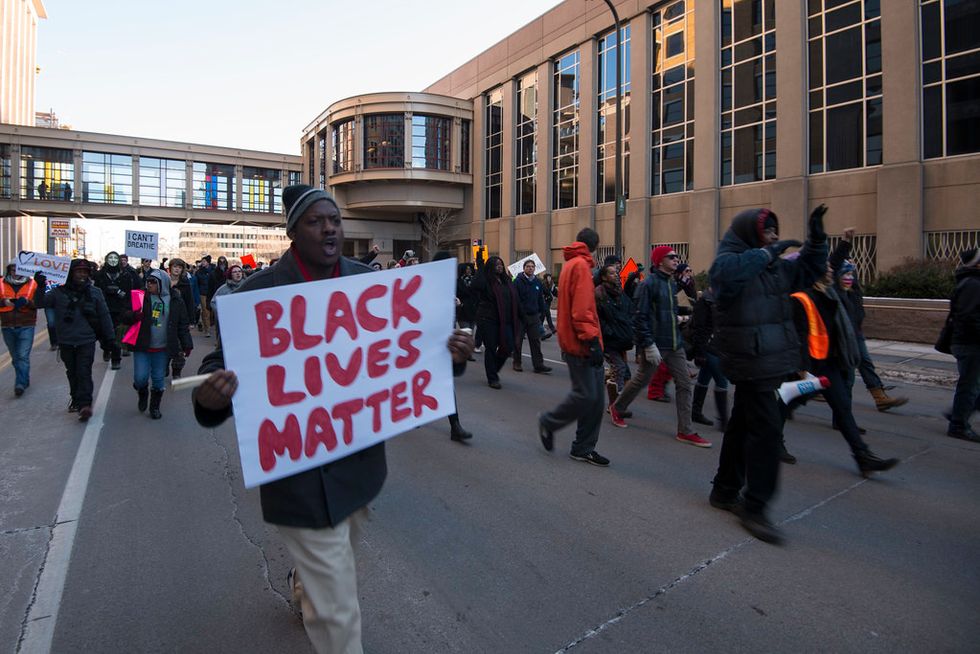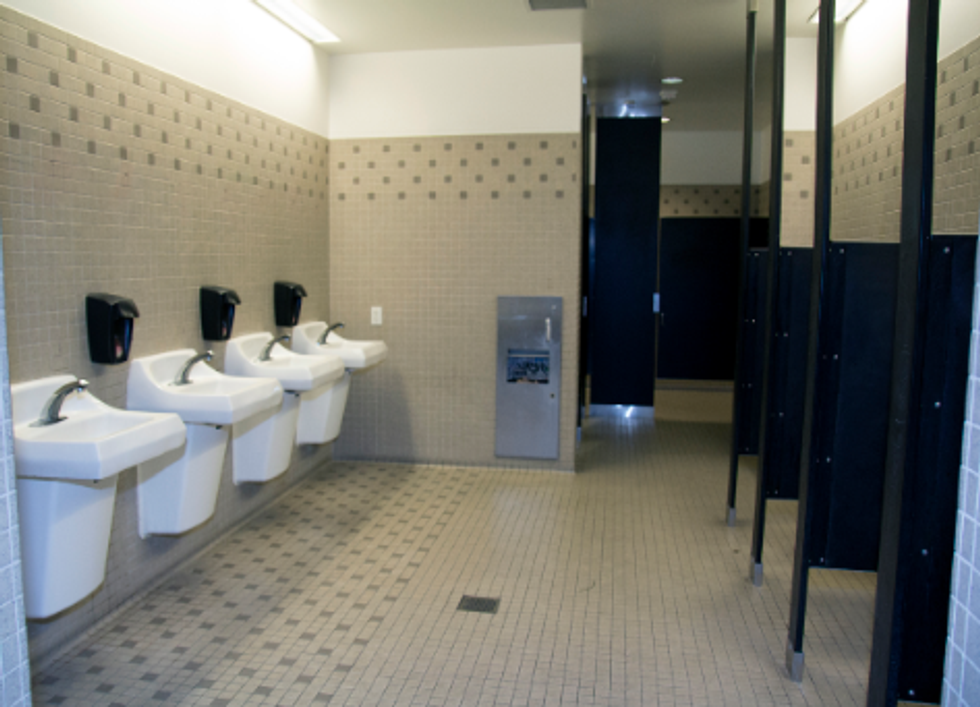We didn't always rely on the idea of race. Race is a modern concept that was created by those who wanted to create categories according to physical appearance and the geographic location of their ancestors in order to provide a justification for slavery.
While you may think that it makes sense to group people with similar biological traits, such as geographical ancestors and skin colors, the categories of race only take into account what society thinks is important.
When we see race as a biological concept and not a social category, this has devastating effects from the social inequality that results. There is no race chromosome, as race has no genetic basis. Genetically, humans are 99.9 percent similar, and the genes for skin color have nothing to do with the genes related to hair texture, blood type or eye shape, to name a few.
While race is not biological, racism is still real because race is a powerful social idea that people take advantage of.
While race is a socially constructed idea, it has been ingrained in our society for generations. When people find out that race does not mean that they are biologically dissimilar from another race, they take on the "colorblind" approach to dealing race.
Colorblindness is a huge issue that I see many people my age continually struggling with. Being colorblind is not a good thing because you are blatantly ignoring the inequalities present. There was a time when I thought the phrase "I don't see race" was a good thing. Race shouldn't be something someone is ashamed of or afraid to notice. It insinuates, "everyone is white in my eyes" because you aren't doesn't addressing the lack of privilege.
Pretending race doesn't exist is not the same as creating equality.
We need to identify and remedy social policies that advantage certain groups at the expense of others. When people say they are colorblind, it is a lie, because according to many psychological studies, race is one of the first things people notice within seconds of interacting with someone.
Colorblindness is a damaging subject that permeates many fields, especially medicine, law and education. As we talk more and more about how we can be actively anti-racist, this includes not being colorblind and avoiding the hard conversations that need to be had.
In education, when there is an assumed generalized cultural identity, this erases the perspectives of other cultures' experiences. Especially in the United States, there is a Eurocentrism central to curriculum that causes the literary canon to be absent of voices from other cultures because we think that because old white men wrote a book a long time ago, it is a "classic."
Those who are colorblind are more likely to ignore that certain sources of conflict can be racially based. However, not being colorblind does not mean continually perpetuating the idea of race, but rather working against the inequality caused by it. There is a big difference.
When the medical community uses race as a factor, it is a poor substitute for other factors, such as where your ancestors come from, which is different than your racial identity. When designing human research studies, we need to make sure race is being used as a social variable and not a false biological indicator.
There is an amazing Ted Talk from Dorothy Roberts, where she discusses the problem with race-based medicine. Many doctors use ideas for diagnosing diseases and providing treatment from the civil war era when it comes to race. Some still believe that those that are black are less sensitive to pain so they will provide them with less pain medication than a white person with the same ailment.
According to Michael Yudell, a professor of public health at Drexel University, "If you make clinical predictions based on somebody's race, you're going to be wrong a good chunk of the time." For example, cystic fibrosis is traditionally thought of as a "white disease" which leads to the underdiagnosis of those with African ancestry.
You may think that if we no longer see race, then race will not matter anymore, and racism will disappear. However, we are not at this point as there are still many people that believe those of another race are inferior.
We need to pay attention to this prejudice to continually remedy these issues to work towards a better tomorrow. This is not a problem that will disappear, and we need to treat it as such.











 Photo by
Photo by 








